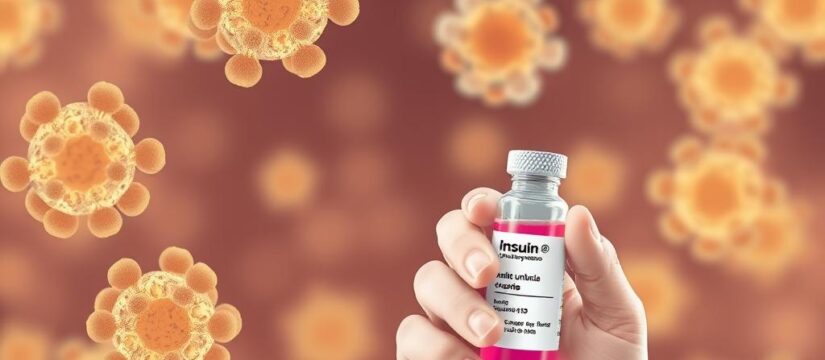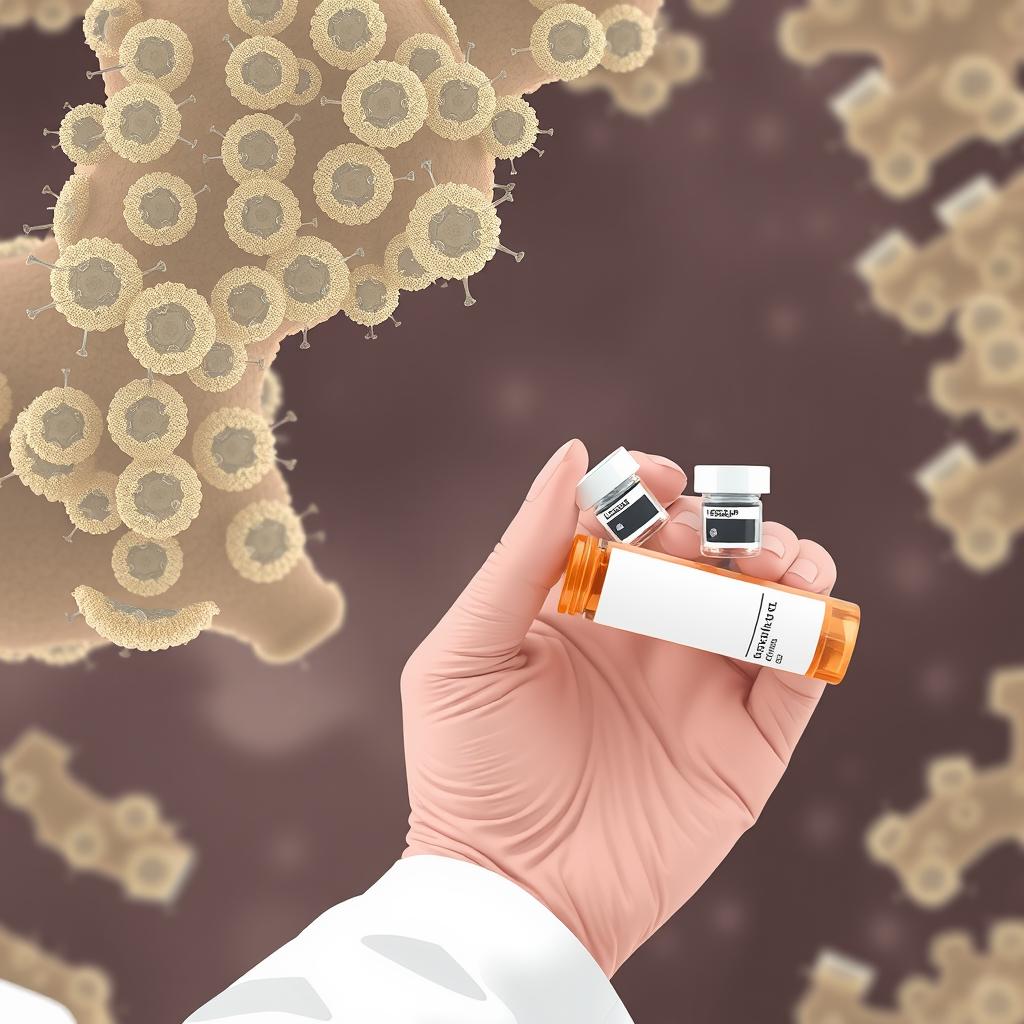
Diabetes: New Drug Combo Regenerates Insulin-Producing Cells
- September 13, 2019
- 0 Likes
- 388 Views
- 0 Comments
An experimental combination therapy triggered a 700% increase in insulin-producing pancreatic beta cells in laboratory mice mountsinai.org. The drugs – a plant compound called harmine plus a common diabetes drug (GLP-1 receptor agonist like exenatide) – made leftover human beta cells multiply rapidly in diabetic mice, reversing the diabetes symptoms mountsinai.org. This is the first time researchers have shown any drug treatment can regenerate adult human beta cell numbers in vivo mountsinai.orgs ciencedaily.com.

How it works: Harmine is a DYRK1A inhibitor, which in cell studies was found to push beta cells to divide. GLP-1 drugs (like Ozempic) boost insulin secretion and support beta cell health. In the experiment, human pancreatic cells were transplanted into diabetic mice. When treated with harmine+GLP-1 drugs, these cells didn’t just survive – they proliferated. The transplanted mice’s blood sugar normalized quickly. In just three months, the insulin-producing beta cell mass in the grafted human tissue increased sevenfold mountsinai.org. In effect, the diabetes was reversed because the pancreas was replenishing its lost insulin factories.
Key findings: Dr. García-Ocaña, the study’s senior author, noted “it’s the first time [a] drug treatment is proven to increase adult human beta cell numbers in vivo” mountsinai.org. This means the approach turned on the normally very low human beta cell replication. In mouse models, blood sugar levels and diabetic state improved dramatically in the drug-treated group. The research builds on years of lab work: the team previously discovered harmine’s effect in petri dishes, and now they confirmed it works long-term in an animal model with real human cells.
Implications and next steps: If similar effects occur in humans, it could be revolutionary. Many people with type 1 or type 2 diabetes have residual beta cells that could potentially be expanded. However, these results are preliminary. They come from immune-deficient mice with transplanted human islets, not from human patients. Human trials are not yet underway for the combo; only harmine alone has done a small safety test. Questions remain: Will the same drugs stimulate beta cells inside a living human pancreas? In type 1 diabetes, the autoimmune attack would likely destroy any new cells unless paired with immune therapy sciencedaily.com.
Still, experts are excited about “regenerative therapy” for diabetes. This study suggests a drug regimen could rebuild the body’s own insulin capacity, reducing or eliminating the need for insulin shots. Companies may pursue clinical trials next, and strategies are being discussed for combining beta-cell regrowth with approaches to protect those cells.



Leave Your Comment